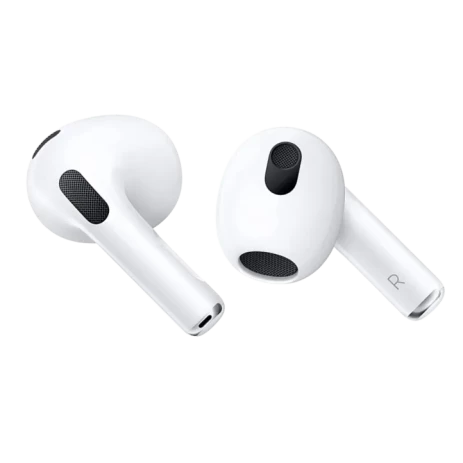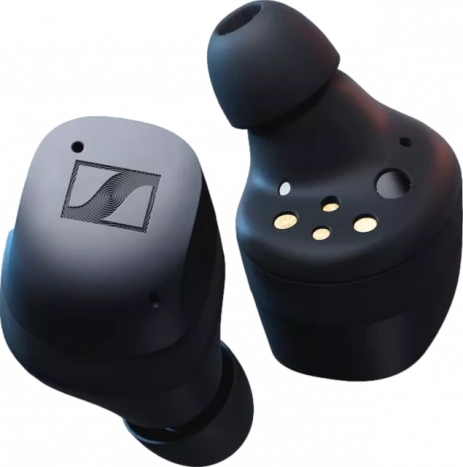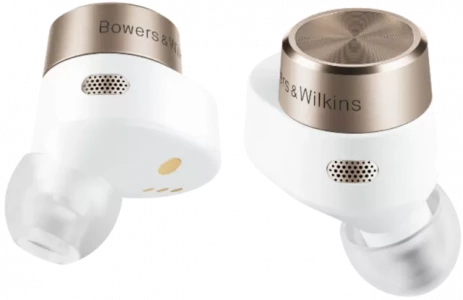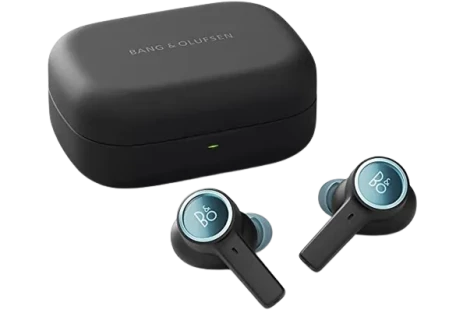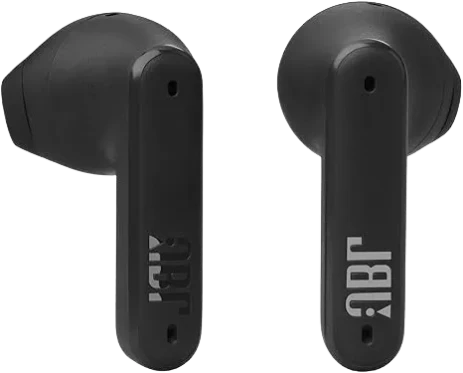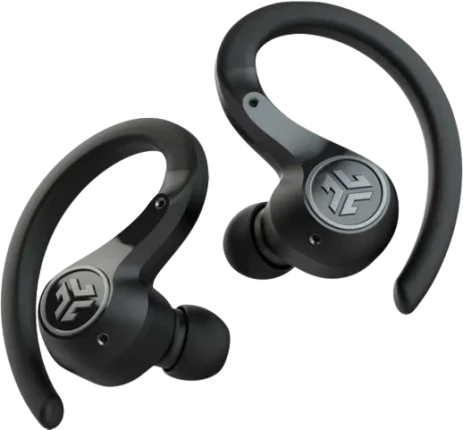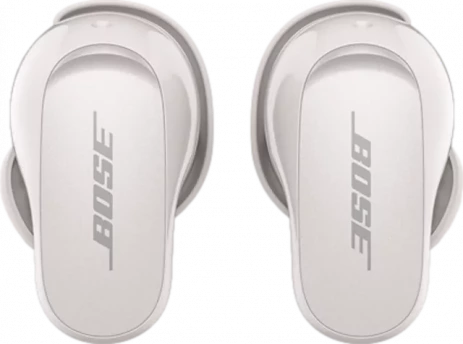Ingress Protection (Ip) Rating
JBL Reflect Aero TWS
IP68
IP ratings is the level of protection given by a casing, against dust and water. The letters 'IP' are followed by two values The first value of the IP rating means protection against solids such as dust, while the second refers to protection against liquids (sweat).
Having a value of IP68, the JBL Reflect Aero TWS's rating is read as, the first value of 6 denotes that they are completely dust proof, and the second number of 8 means that they are protected against the effects of continuous immersion in water, ingress of water in quantities causing harmful effects shall not be possible. Conditions should be more severe than for numeral 7..
Weight
JBL Reflect Aero TWS have a weight of 13g . We prefer a lower weight better because lighter devices are easier to move with.
Has No Wires Or Cables
True wireless devices have no wires linking any part of the device together, JBL Reflect Aero TWS are true wireless for this case since they don't have wires. This is an important difference as some wireless earbuds have cables connecting the two earbuds .
Wingtips Included
The JBL Reflect Aero TWS come with wingtips, these are reserved for workout earbuds and are usually an optional add-on to the separate silicone ear tip for a better fit.
Sweat Resistance
JBL Reflect Aero TWS are resistant to sweat
Is Dust Proof And Water-Resistant
The JBL Reflect Aero TWS are both dustproof and water-resistant.
Has Stereo Speakers
JBL Reflect Aero TWS have stereo speakers, what this means is that JBL Reflect Aero TWS's speakers deliver sound from separate channels on both left and right sides, creating a richer sound and a better listening experience.
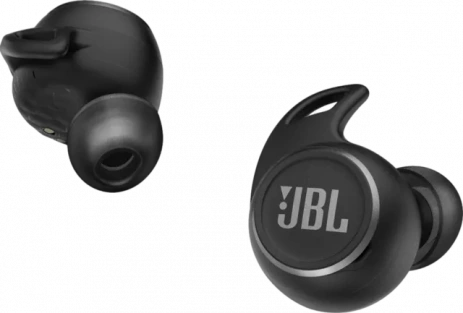
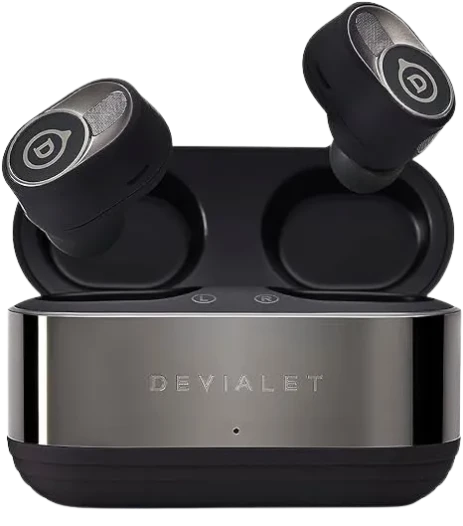 Devialet Gemini 2 Vs. Jbl Reflect Aero Tws Review
Devialet Gemini 2 Vs. Jbl Reflect Aero Tws Review
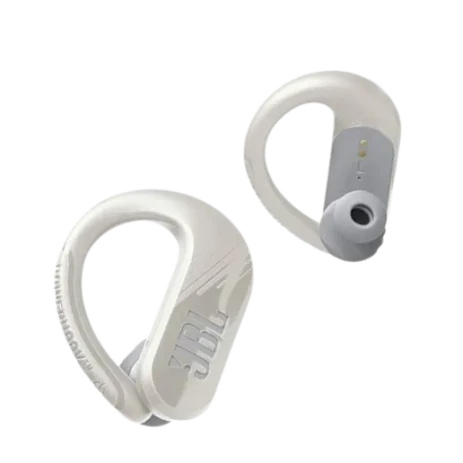 Jbl Endurance Peak 3 Vs. Jbl Reflect Aero Tws Review
Jbl Endurance Peak 3 Vs. Jbl Reflect Aero Tws Review
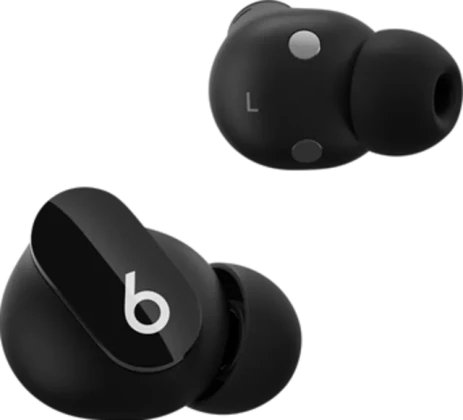
_1671835316.webp)
